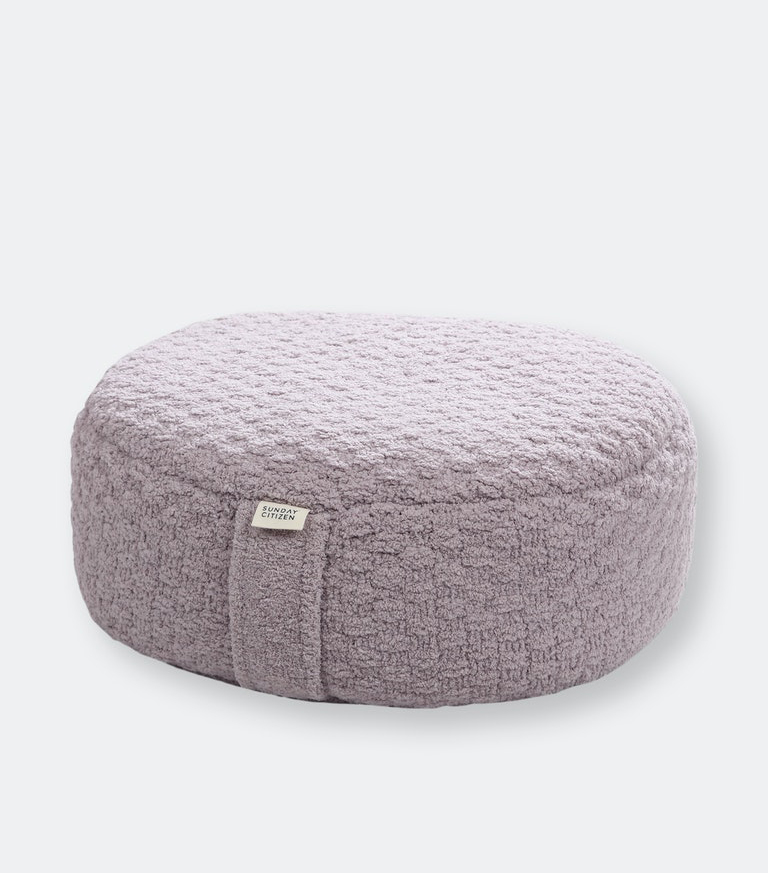Reopening Anxiety Is Real—Here Are 14 Tips That Will Help You Cope
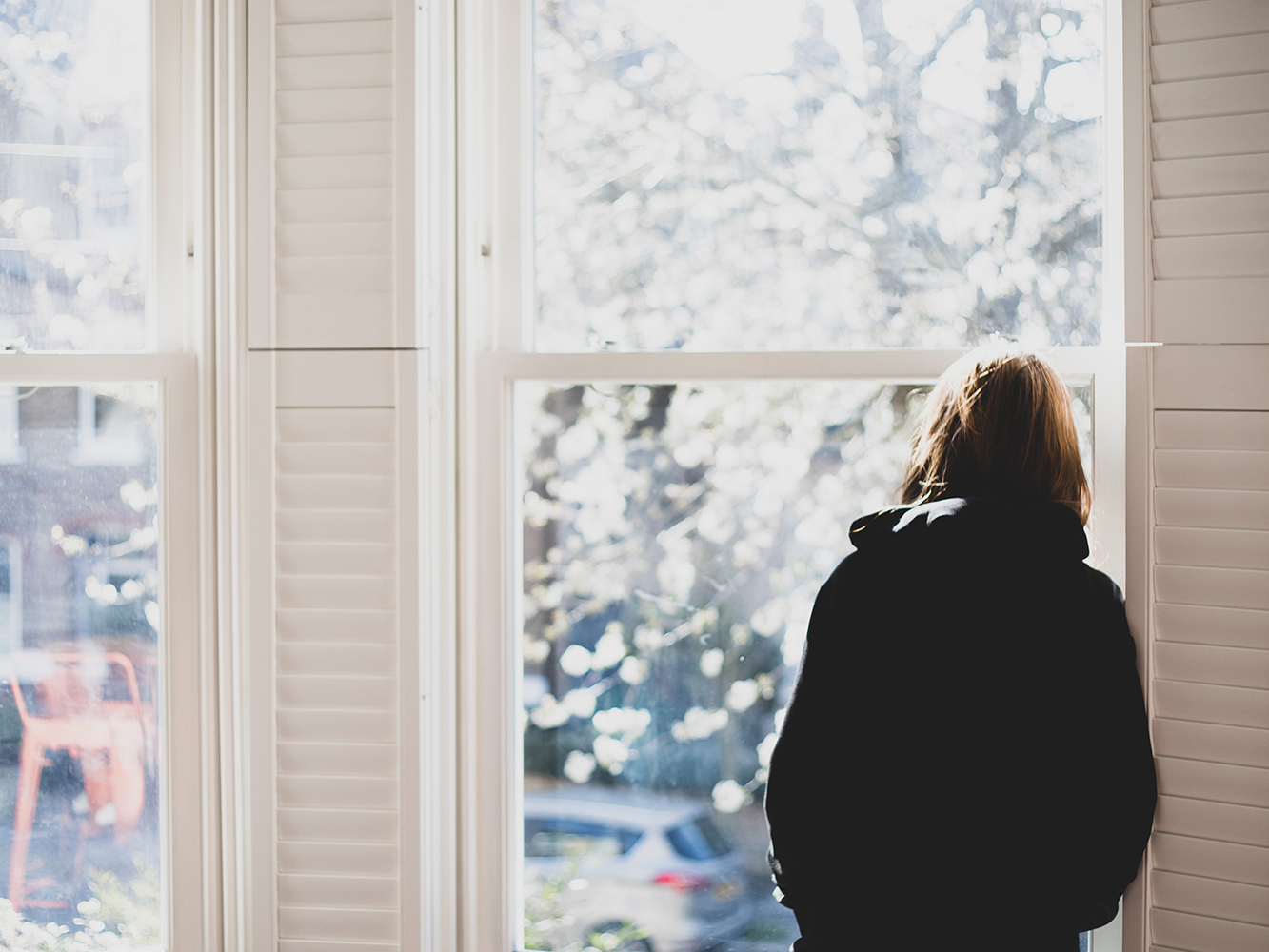
After more than a year of social distancing, Zoom calls, and staying at home as much as possible, things are starting to reopen, and it's looking like this summer might be a time for us to get out more (in the safest way possible, of course). While it's so exciting to feel like we're moving past the pandemic and returning to a sense of "normalcy," it can also be nerve-wracking and cause some stress and anxiety.
After having limited human interaction in the past year, how can we not be socially awkward? A lot of us might also be worried about how to keep safe and still enjoy ourselves. And how can you cope with being overwhelmed by crowds and/or a lot of socialization? It might seem like a lot to handle.
"For the past year, we've been living in a state of uncertainty and prolonged stress with the pandemic," says Emily Anhalt, PsyD, co-founder, and chief clinical officer at Coa. "We became accustomed to a new normal which included working from home; engaging in smaller social circles; shunning physical contact; and attempting to stay six feet away from other humans (amongst other things). Now a new set of changes are coming: Going back to work in an office or to crowded restaurants or to sitting close to a big group of friends at a party. In a sense, we're having to relearn to walk all over again, and since we're not sure what it'll feel like (and because for a year, those things have been dangerous), it makes sense that we're anxious about it."
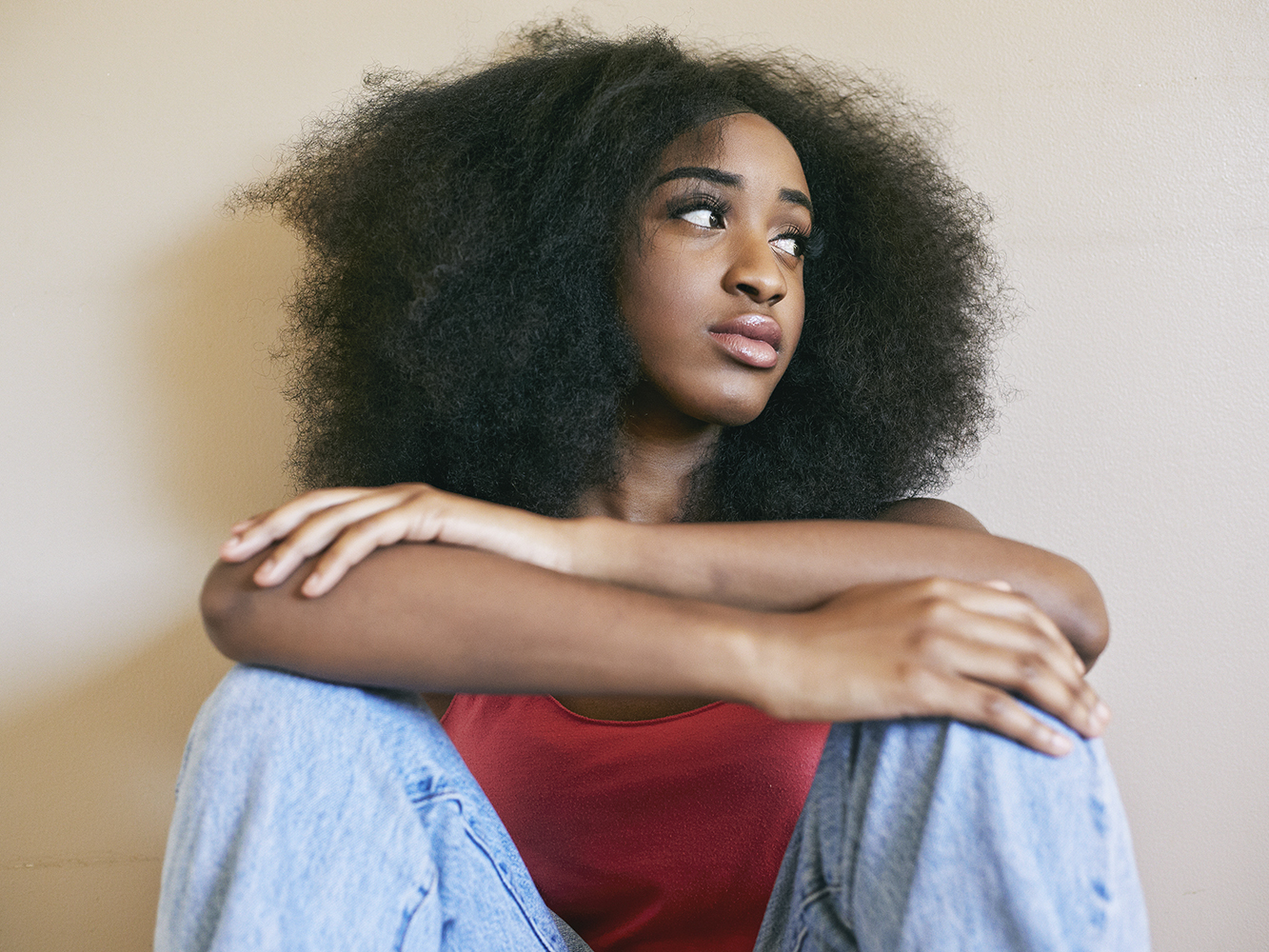
It's important to know that anxiety is a normal response, a survival instinct. "Just look to the amygdala and its activation to understand how we have survived historically," says Christina Jeffrey, LMHC, assistant director at Humantold. "Often what happens is that the amygdala will get activated due to a perceived threat, and once that happens, we experience symptoms of anxiety both mentally and physiologically: Racing thoughts, elevated physiological responses, planning for every possible negative outcome. … We all do it, some of us just manage it better than others, so it doesn't become problematic and interrupt our lives on a daily basis."
And much of this anxiety is not wanting to look or plan that far ahead, in order to not be disappointed. "In the past year, we've also all had the experience of repeatedly having unmet expectations or faulty anticipations of what the future will be like (such as this will just be two weeks of WFH or closures)," explains Sage Grazer, LCSW, co-founder and chief clinical officer of Frame. "And, as creatures that learn and become conditioned by past experience (consciously and subconsciously), I'm noticing a hesitance to commit to events that are not in the immediate future."
So what can you do about your anxiety right now, especially when it comes to reopenings and social situations? The experts shared their tips below.
1. Remember, There's No Right or Wrong Way to Feel
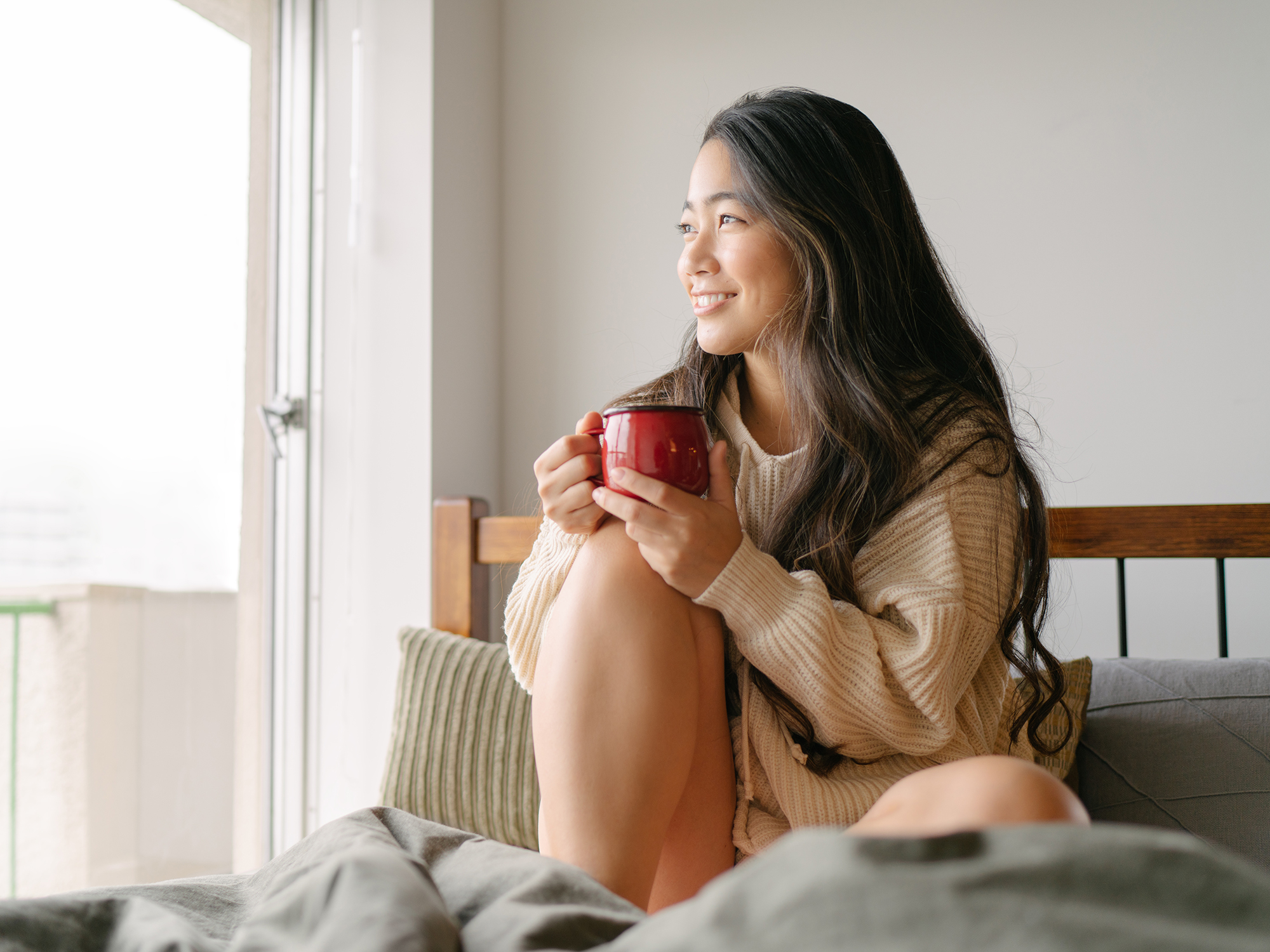
Be kind to yourself, even if you are having some mixed feelings. "If you can learn to recognize and accept feelings of anxiety when they bubble up versus fight them, then you can start to work through them," Grazer says.
2. Think About Your Comfort Levels

You might find yourself getting invited to more and more social gatherings, so it's important to think about your comfort levels and prioritize your activities to avoid overcommitting yourself. This is helpful whether you have social anxiety or not.
"Be mindful of any reluctance or resistance to re-engage in pre-pandemic activities that you may experience," Grazer says. "What is psychologically safe or not safe socializing will vary from person to person, just as we've seen people have drastically different social behaviors throughout the pandemic. Knowing what is safe for you has to do with being in tune with yourself emotionally and psychologically. Understanding what you feel comfortable with cognitively (i.e., I feel okay with X number of unmasked vaccinated persons indoors but not Y) might not match the reality of your emotional and somatic experience in those situations."
Grazer adds that once you have a good understanding of this, you can do things like setting boundaries, cognitive-behavioral self-talk, and self-soothing exercises.
3. Set Boundaries
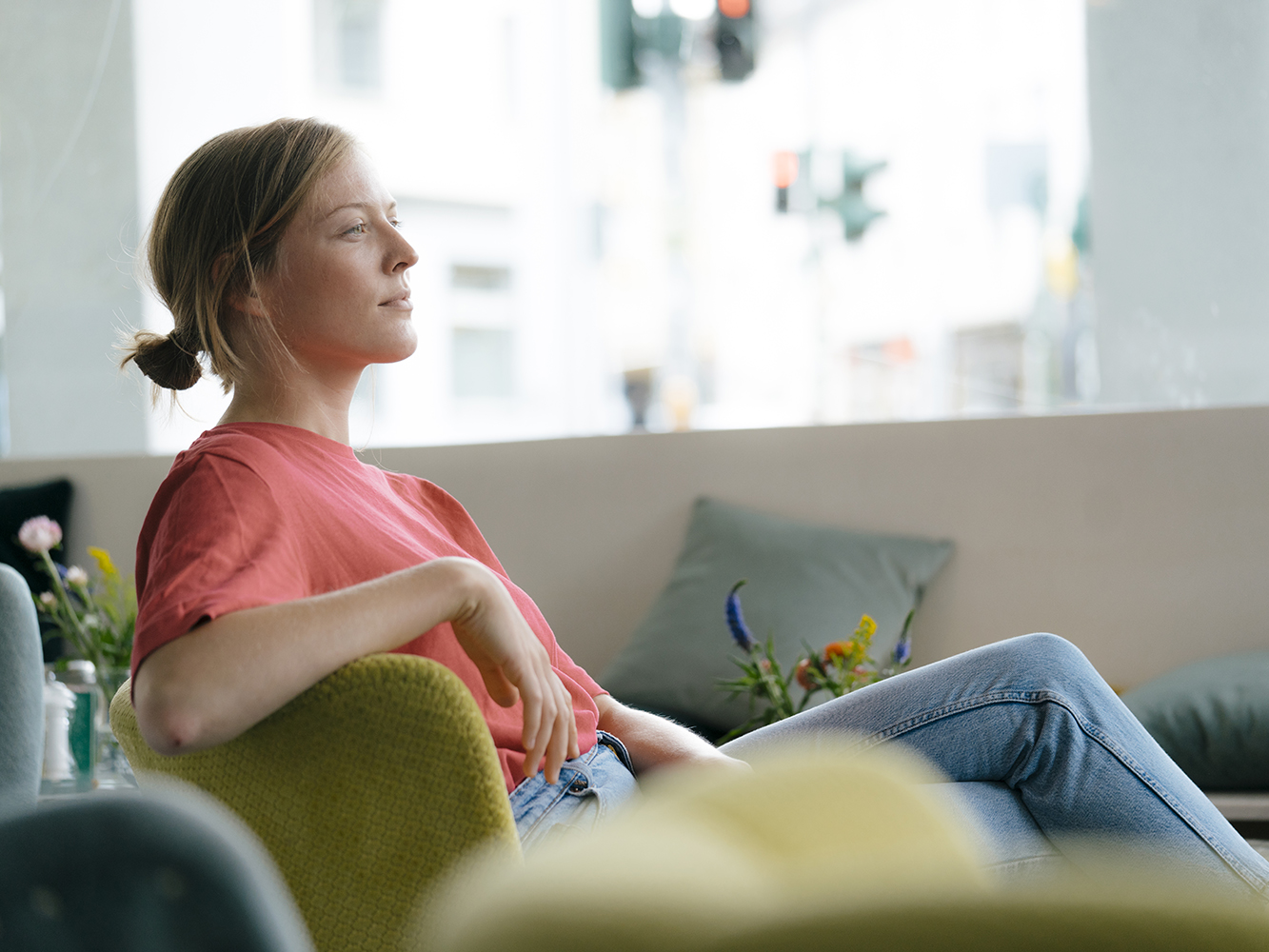
Speaking of boundaries, it's time to set them. "Creating boundaries with yourself starts with understanding what your own needs are and developing the insight to prioritize aspects of your life," Grazer says. "Knowing your boundaries is the first step in cultivating the willingness to enact them."
When you set boundaries, Grazer says you'll develop mutual respect with others; preserve your sense of self; and have a greater awareness of your needs (what makes you feel safe, loved, and respected).
4. Communicate Your Boundaries

Once you have your boundaries set, it's time to let people know of them. Grazer says there communicating your boundaries can look like these four things: Set clear expectations; avoid making excuses (honesty is the best policy!); ask for what you need; and don't overextend yourself.
5. Trust Yourself
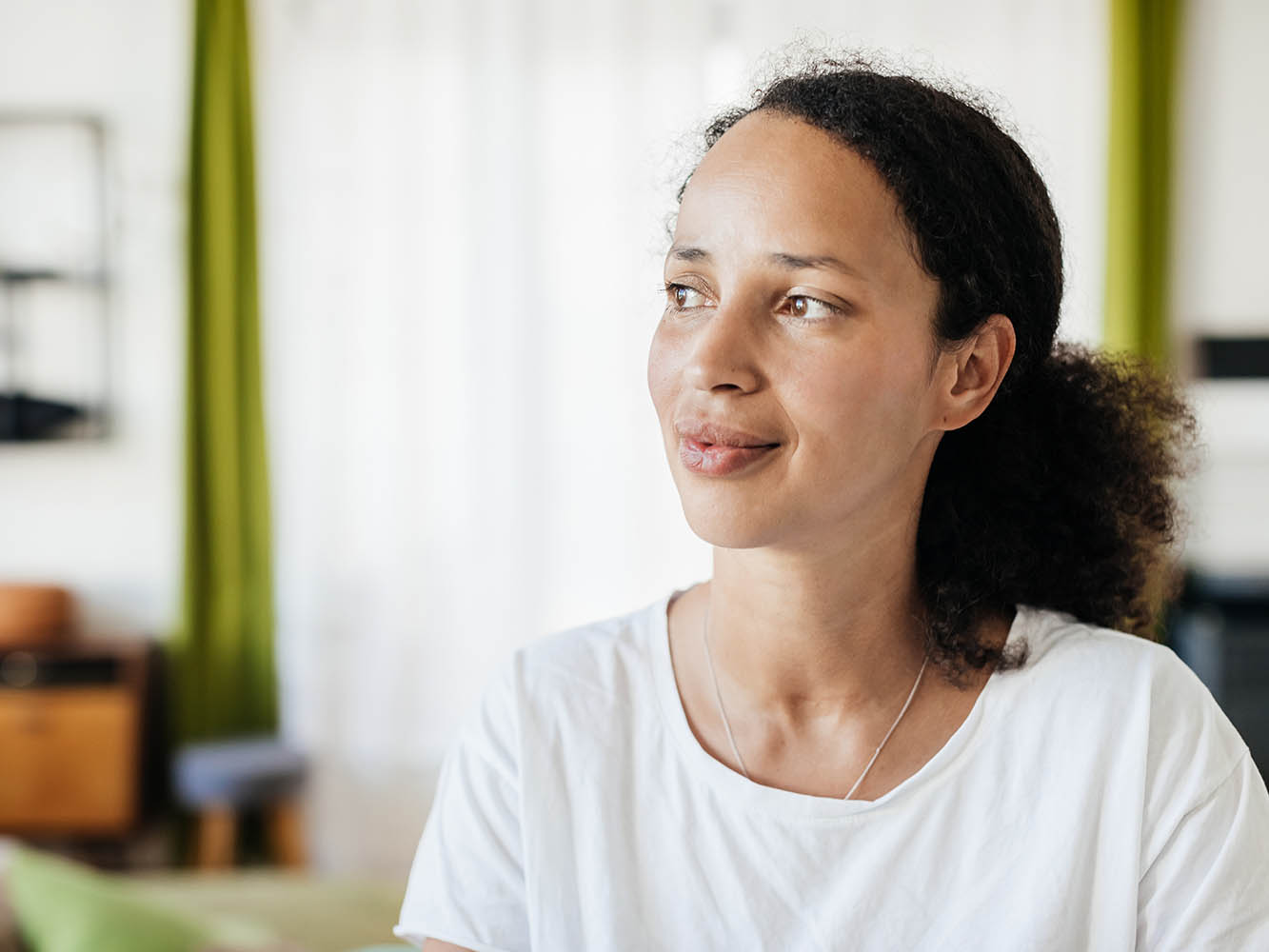
It can be so easy to get caught up in thinking about the future too much and what will happen. Anhalt says it's helpful to trust yourself to handle future problems. "Your future self will have more information, time, and experience to know what to do," she adds.
6. Start Slow
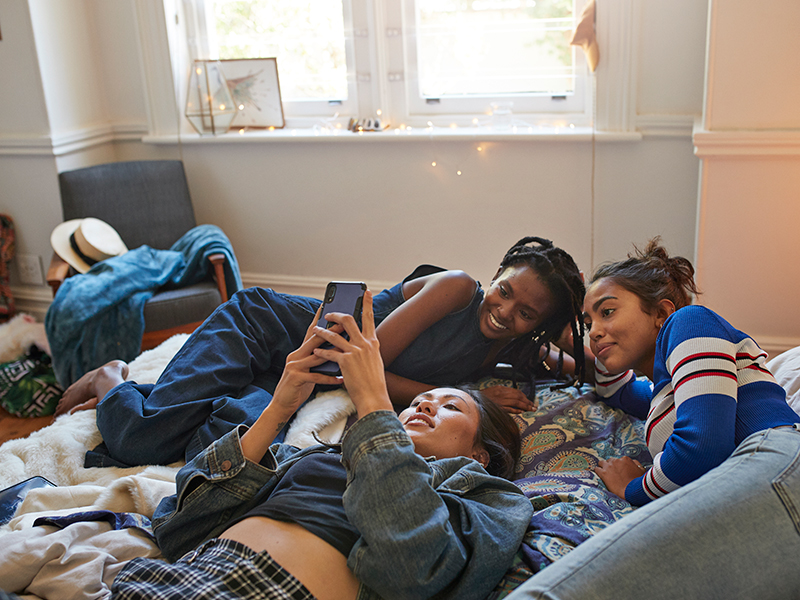
It's okay to not go all out for your first social gathering. "I would suggest re-entering society slowly, at a pace that works for you," Jeffrey says. "There is nothing wrong with baby steps. Give yourself permission to be where you are in the present moment and don't allow others to define your experience for you. We all have different comfort levels and that is okay. The other thing I would suggest, in addition to honoring your own boundaries, is to do the things that give you comfort and a sense of recharge. Finally, saying 'no' is perfectly acceptable."
Grazer suggests reintroducing old routines at a pace that feels manageable, like a coffee date instead of a dinner date. And don't feel bad if you and your friends have different comfort levels like they're ready to go back to indoor concerts, but you're not. "Boundaries and transparency are key," Anhalt says. "Take some time to check in with yourself about what you are and are not comfortable with—then share that information with your loved ones as transparently as you can. By setting ground rules ahead of time with friends and family, you can ensure that everyone is on the same page when you get to the event."
7. Be Gracious With Yourself and Others

It's normal if you feel like a totally different person than you were before the pandemic, and/or if you find that your friends and family are also different people now. "When the pandemic hit, we were all thrust into a state of collective grief," Jeffrey says. "Grief changes our entire landscape. Honestly, I'd be surprised by anyone who comes out of this experience the exact same! Much like with the re-emerging to society, I think it's important to allow ourselves the space to reacclimate to our environment, and that includes the people therein. Be gracious with yourself and others—we've all just been through a lot!"
8. Try Grounding Techniques
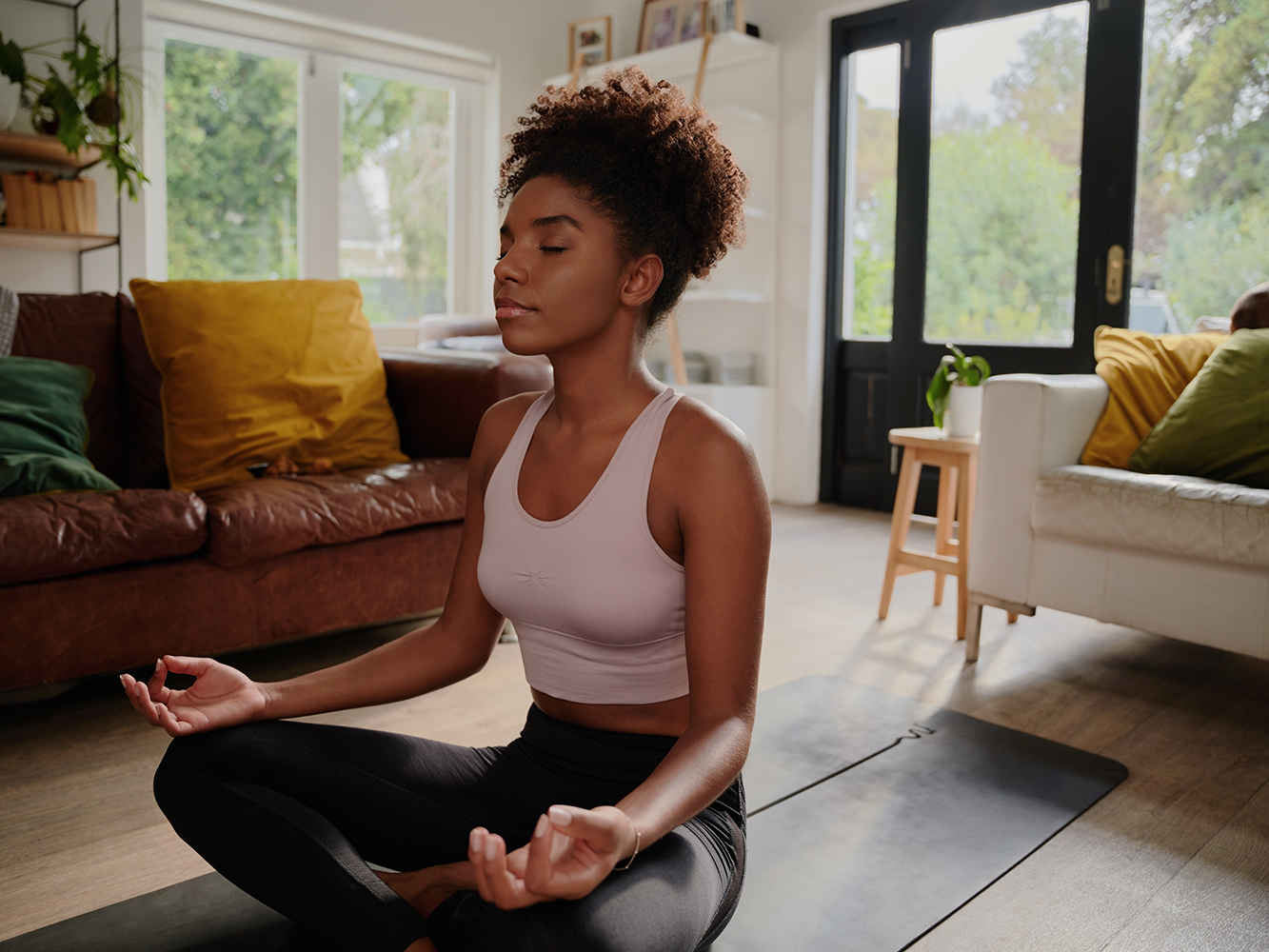
When you're experiencing physical and mental anxiety, Grazer suggests trying grounding techniques. "These techniques are ways to engage your mind and body, so you can begin to move away from an activated state of worry, and get into a more centered space and engage in something self-soothing," she explains.
Grazer says there are three ways you can do this:
Engage your senses: You can try the "5-4-3-2-1 exercise." First, name five things you can see. Find four things you can feel (notice the textures of the materials around you, the temperature of the room, touch the objects in your reach, etc). Identify three things you can hear (traffic noise, the birds outside, a fan or heater running). Notice two things you can smell. And lastly, focus on one thing you can taste (you can have candy or mint or just notice what you taste).
Engage your mind: Identify all of the purple (or any color of your choosing) objects that you can see. Then, focus on your breath, or an activity like a mindful walking exercise.
Engage your body: Do a body scan from bottom to top. Tense and release your toes, your calves, your core, your hands, and beyond. Take a sip of water—how does it feel, what is the temperature? Think about that water as it moves through your body.
9. Try Guided Meditations
Grazer says these are another approachable tool for mindfulness. "We have a really wonderful five-minute Guided Sound Meditation on Frame. For anyone new to meditation, this is the perfect introduction. It's very soothing and a nice way to start or wind down your day," she says.
10. Reprioritize
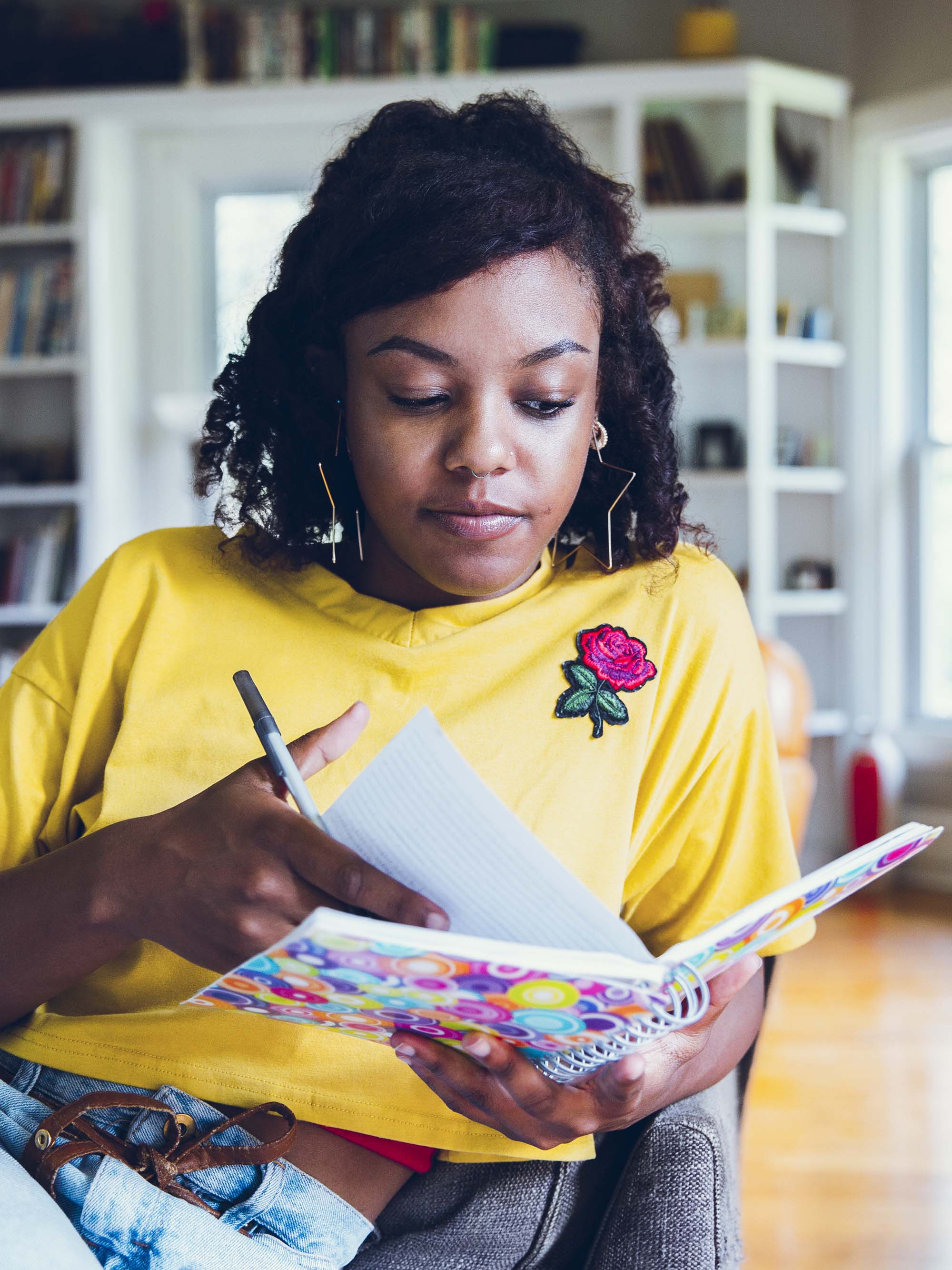
Anhalt says that realizing you have changed is also a great opportunity to re-balance your priorities. It's like a fresh new start. "Maybe you came to some realizations during the pandemic about your needs for social time versus alone time, or maybe you discovered certain rituals and routines that make your day better," she says. "Before you are swept back up in a 'return to normal,' reflect on the good things that have come out of the pandemic that you want to carry with you into the future, write them down, and share them with the people around you so they can help you stay true to your intentions."
11. Ask Questions
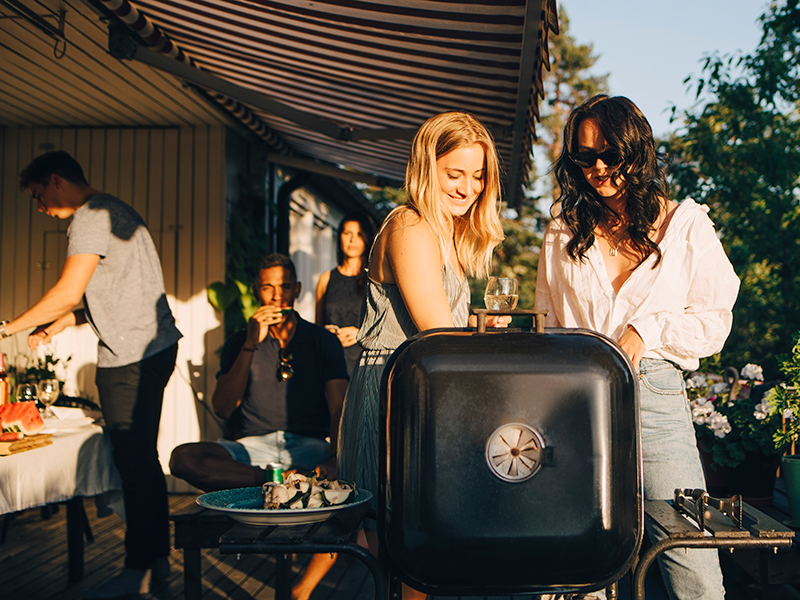
Before going to social gatherings, it's okay to ask questions. "I like to ask questions of the hosts to best come up with a game plan that works for me based upon my own comfort and the safety of those around me," Jeffrey says. "It's also important that we not impose our comfort levels and values upon others. They did not sign up for that."
12. Be Honest
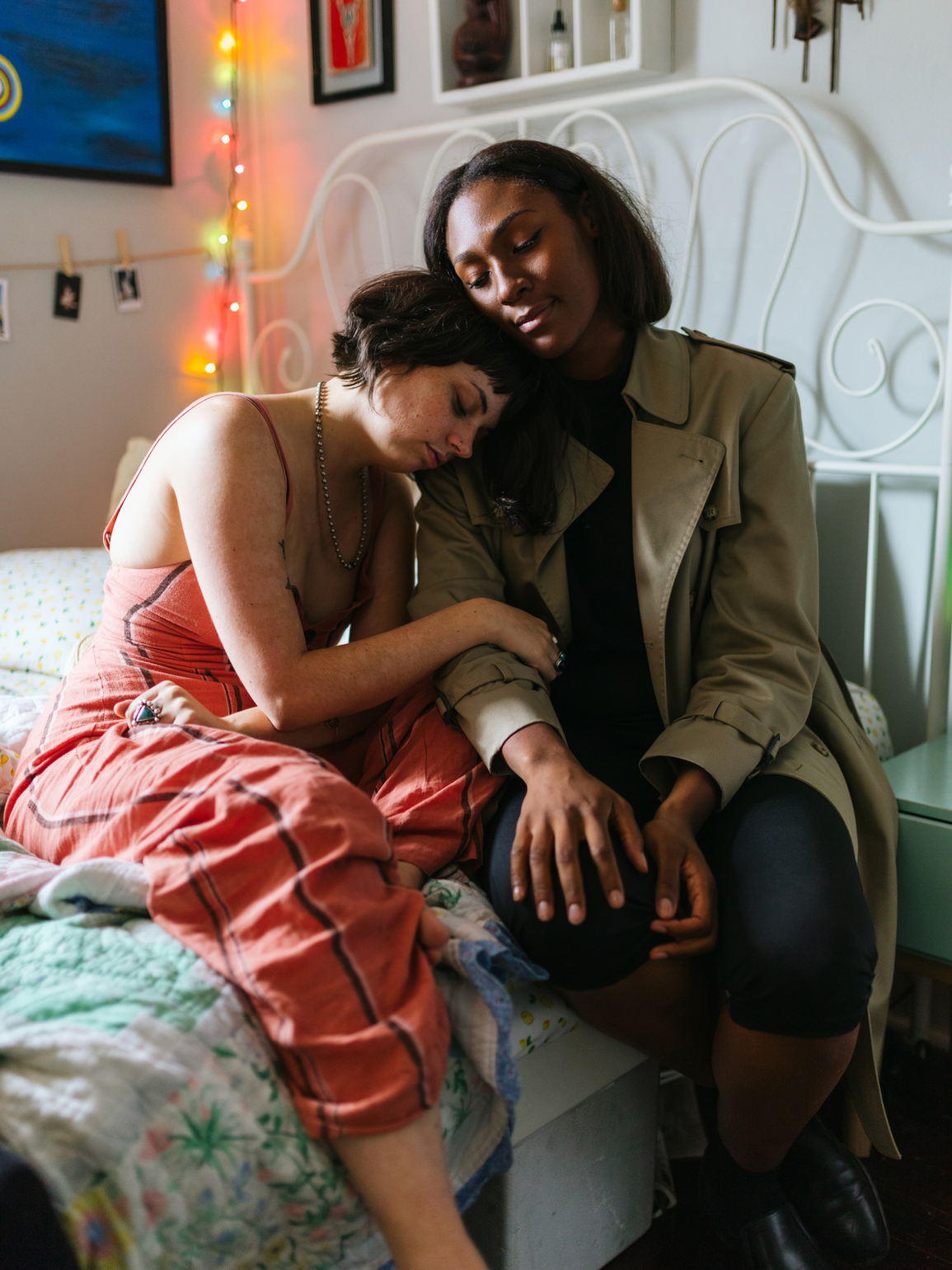
You know how they always say, "Honesty is the best policy?" Well, it's true here. Be transparent with others. "It will require a willingness to wade into the intense awkwardness of vulnerability, but letting people know how you are feeling and doing is how we cultivate better relationships," Jeffrey says. "I am a deeply introverted person, and I will share with you my go-to for saying 'no' to invites: 'I really appreciate you thinking of me, but I just don’t have the energy to [be around] people right now.'"
13. Keep This in Mind About Mask-Wearing
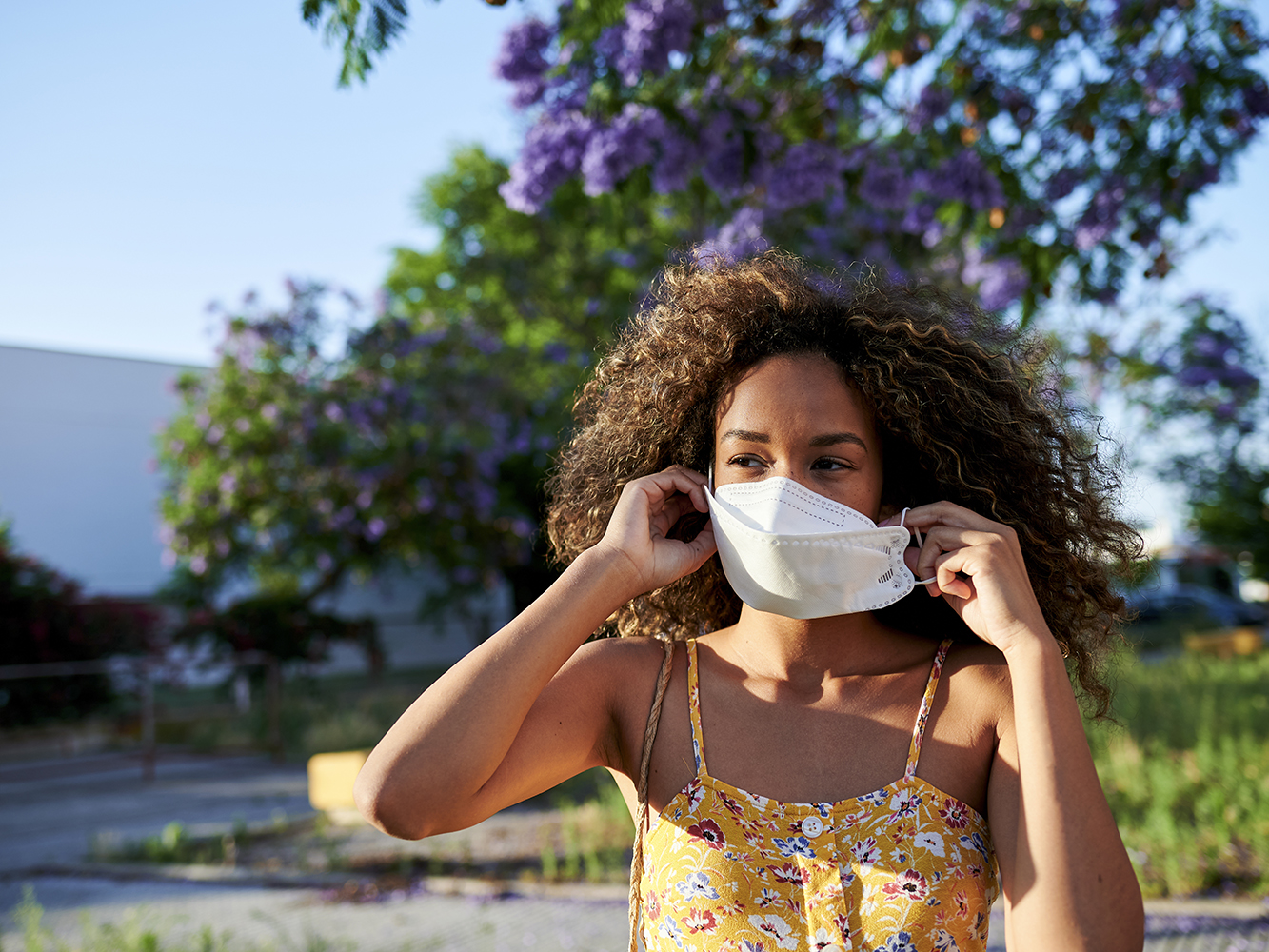
Mask mandates are lifting, but it also varies by state and local laws. Always follow the guidelines of your particular location. But it's also important to keep in mind that others might have differing opinions about masks than you.
"We're all going to have to summon patience for the slight awkwardness, confusion, and tense feelings that come up when we're adjusting to a new normal," Anhalt says. "Be as communicative as possible about your own needs, and remember that none of us has control over other people. By focusing on our own choices (Do I want to wear a mask? Do I feel comfortable being indoors?), we maintain our agency over new situations."
14. Seek Help If You Need It
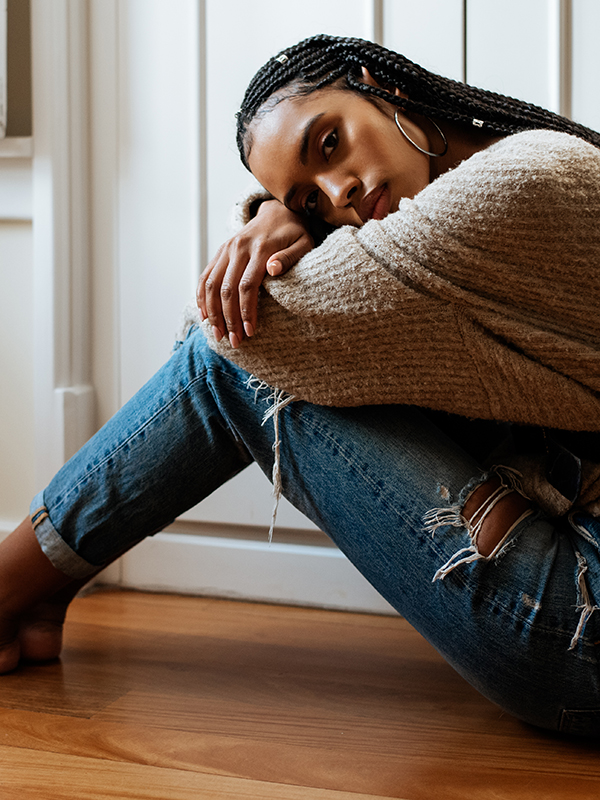
"Signs that it might be time for professional help would be when your anxiety or distress is at a level that impacts your functioning in relationships, performance at work, or overall sense of wellbeing," Grazer says. "Some key indicators are persistent irritability; feeling on-edge or overly jumpy; easily upset or frustrated; or increased conflicts in your relationships such as lashing out or snapping at loved ones."
Next: 22 Awkward Social Situations You Might Experience During COVID-19 How to Deal
This article is provided for informational purposes only and is not intended to be used in the place of advice of your physician or other medical professionals. You should always consult with your doctor or healthcare provider first with any health-related questions.
Sarah is lifestyle writer and editor with over 10 years of experience covering health and wellness, interior design, food, beauty, and tech. Born and raised in Los Angeles, she attended New York University and lived in New York for 12 years before returning to L.A. in 2019. In addition to her work atBest Knockoff Luxury Clothing , she held editor roles at Apartment Therapy, Real Simple, House Beautiful, Elle Decor, and The Bump (sister site of The Knot). She has a passion for health and wellness, but she especially loves writing about mental health. Her self-care routine consists of five things: a good workout, “me” time on the regular, an intriguing book/podcast/playlist to unwind after a long day, naps, and decorating her home.
